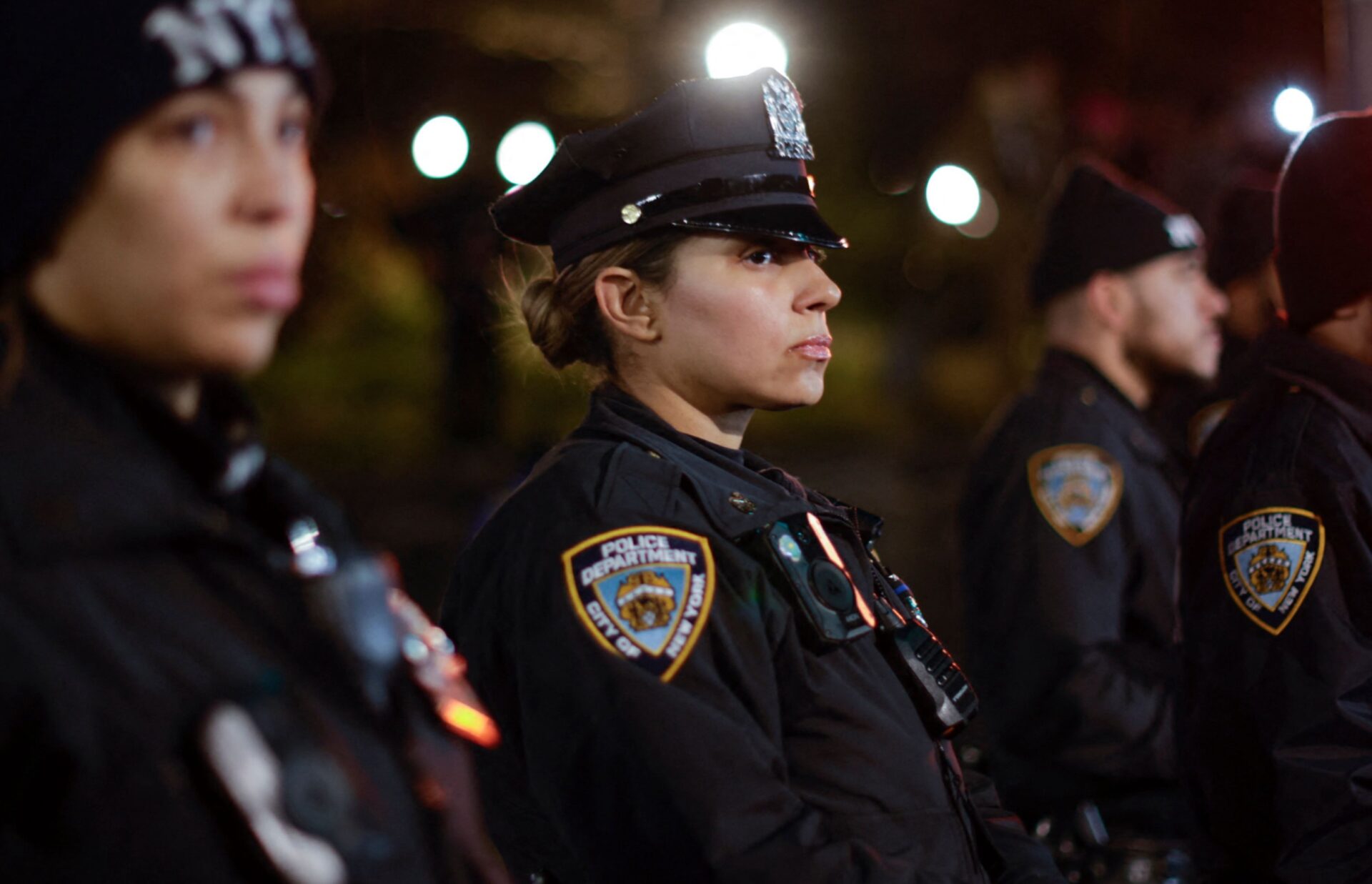
November 21, 2023
NYPD Loses Challenge As New York State Appeals Court Upholds Choking Ban
New York's State Appeals Court decided to uphold the city's ban on police use of chokeholds.
The New York Police Department took another L on Nov. 20 when the state’s appeals court decided to uphold the city’s ban on police use of chokeholds.
Along with 16 other law enforcement unions, the Police Benevolent Association of the City of New York challenged the law, labeling it unconstitutional. However, the Court of Appeals said the City Council exercised its use of authority to keep the ban alive.
The measure has been at the forefront of conversation following the deaths of Eric Garner in New York and George Floyd in Minneapolis; police were accused of using excessive force during both the victims’ arrests.
“The language of the section also provides fair notice of the conduct prohibited and is sufficiently definite to avoid arbitrary or discriminatory enforcement and is therefore not void for vagueness,” the ruling read.
The police unions argued that the law would make it difficult to assess whether the pressure they put on a person’s chest or back makes it hard for them to breathe.
The Court of Appeals disagreed, saying the law is evident in its language. According to Police 1, while upholding the choking ban, the law also includes a section that forbids officers from compressing a person’s diaphragm, including kneeling, sitting, or standing on a person’s chest or back, making it difficult to breathe.
“Both private citizens and law enforcement officers have long been required to gauge the impact of physical force used against others to ensure their employment of force is consistent with statutorily delineated parameters,” the decision continued.
“While this is not the outcome we had hoped for, the Court’s decision is a victory insofar that it will provide our officers with greater certainty when it comes to the statute because, under this Court’s decision, it must be proven at a minimum that an officer’s action in fact ‘impedes the person’s ability to breathe,’ was ‘not accidental,’ and was not a ‘justifiable use of physical force,'” John Nuthall, spokesman for the Police Benevolent Association, said in a statement.